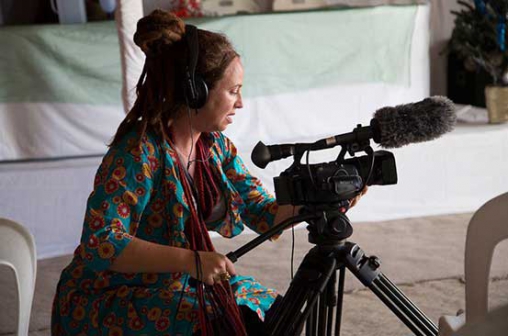×
The Standard e-Paper
Join Thousands Daily

She came, saw and stayed! Joanne Corrigall, a music video producer from South Africa arrived in Nairobi in February for what was supposed to be a filmmakers' workshop, before falling in love with Kenya. Now she wants to establish a business empire here, writes ANJELLAH OWINO
The OK response Joanne Corrigall received to take part in the East African Soul Train (E.A.S.T) electrified her.